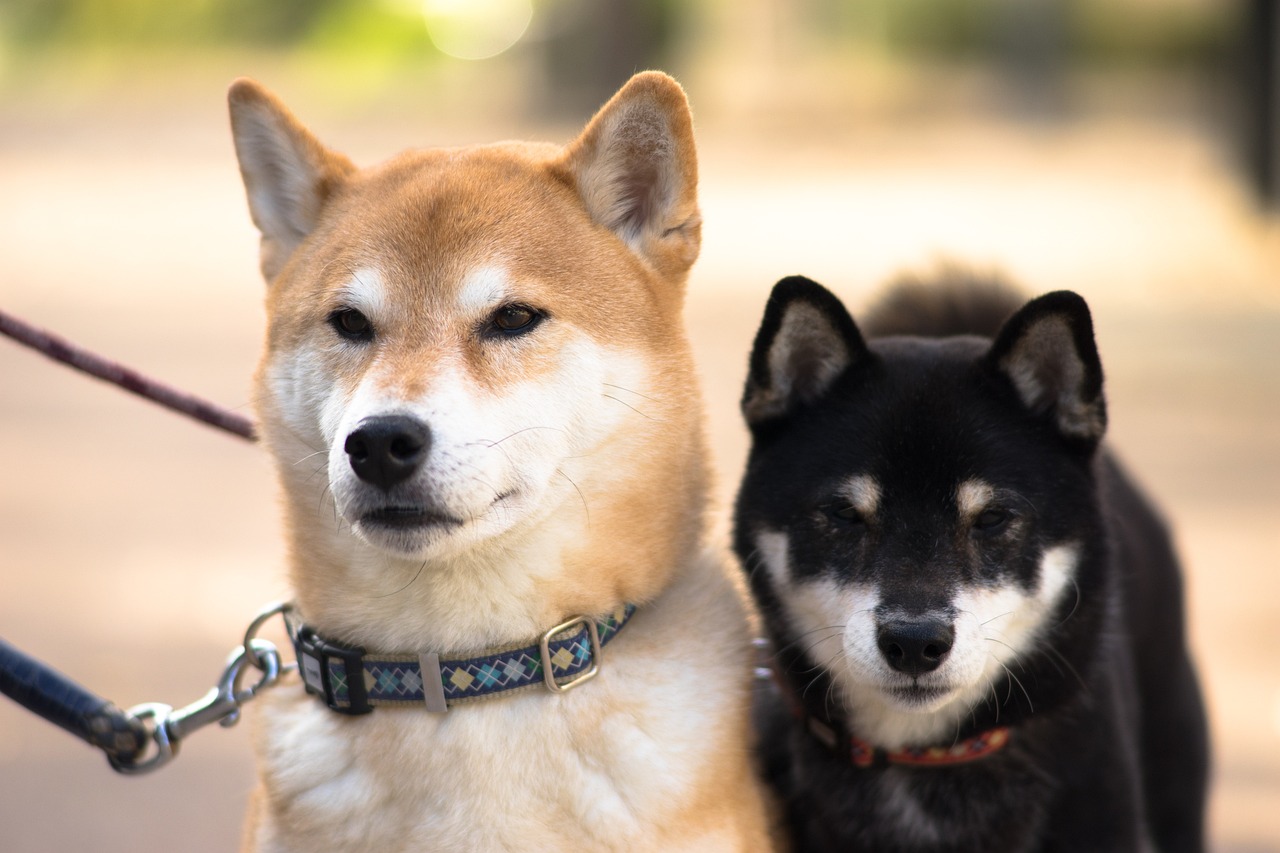Shiba Inus, one of the oldest and smallest Japanese dog breeds, are known for their spirited personality, compact size, and fox-like appearance. However, like all breeds, they are susceptible to specific health conditions. This article highlights the five most common health issues in Shiba Inu and the signs to look out for to ensure your pet stays healthy and happy.
-
Hip Dysplasia
A common skeletal condition in Shiba Inus is hip dysplasia, a genetic malformation of the hip joint. Dogs with this condition often have abnormal development in the hip socket, leading to pain and discomfort during movement.
Key signs to watch for include reluctance to exercise, difficulty standing up or climbing stairs, and an unusual gait that may look like hopping. A veterinarian can confirm hip dysplasia through X-rays and suggest treatments such as medication, physical therapy, or, in severe cases, surgery.
-
Patellar Luxation
Patellar Luxation occurs when the dog’s kneecap (patella) is dislocated from its normal position in the groove of the thigh bone. This condition can cause considerable discomfort and, in severe cases, can lead to lameness.
Watch for symptoms such as limping or skipping steps, sudden lameness in the hind legs, and difficulty in getting up from a lying or seated position. Veterinary intervention is necessary, which might include physical therapy, weight management, or even surgery in severe instances.
-
Allergies
Allergies are another common health issue among Shiba Inus. They can be allergic to a variety of things, including certain foods, fleas, dust mites, or environmental factors such as pollen.
Signs of allergies can be itchiness (manifested by excessive licking or chewing of paws, belly, or tail), red and inflamed skin, chronic ear infections, or gastrointestinal issues if the allergy is food-related. Once an allergy is suspected, your vet may suggest an elimination diet or allergy testing identify the triggers and provide an appropriate treatment plan.
-
Eye Conditions
Shiba Inus are prone to several eye conditions, one of which is Progressive Retinal Atrophy (PRA). PRA is a degenerative eye disorder that eventually leads to blindness. Another common eye issue is glaucoma, which is increased pressure within the eye and can also result in loss of vision if not treated promptly.
Signs to look for include cloudy eyes, bumping into objects, excessive tearing, redness, or visible discomfort. Regular vet check-ups are crucial for early detection and treatment of these eye conditions.
-
Hypothyroidism
Hypothyroidism, a condition where the thyroid gland does not produce enough thyroid hormone, is another health problem seen in Shiba Inus. This hormone is crucial as it controls metabolism; hence, an insufficient amount can cause various issues.
Symptoms of hypothyroidism include lethargy, unexplained weight gain, thinning fur, and intolerance to colds. If your Shiba Inu shows any of these signs, it’s essential to consult your vet. Blood tests can diagnose this condition, and it can be managed effectively with daily medication.
Knowing and recognizing the signs of these common health issues in Shiba Inus can greatly enhance the quality of life for your pet. Regular veterinary visits for early detection, along with a balanced diet and regular exercise, are essential for maintaining your Shiba Inu’s health. Always remember, a healthy Shiba Inu is a happy Shiba Inu.

 Toledo, United States.
Toledo, United States.
